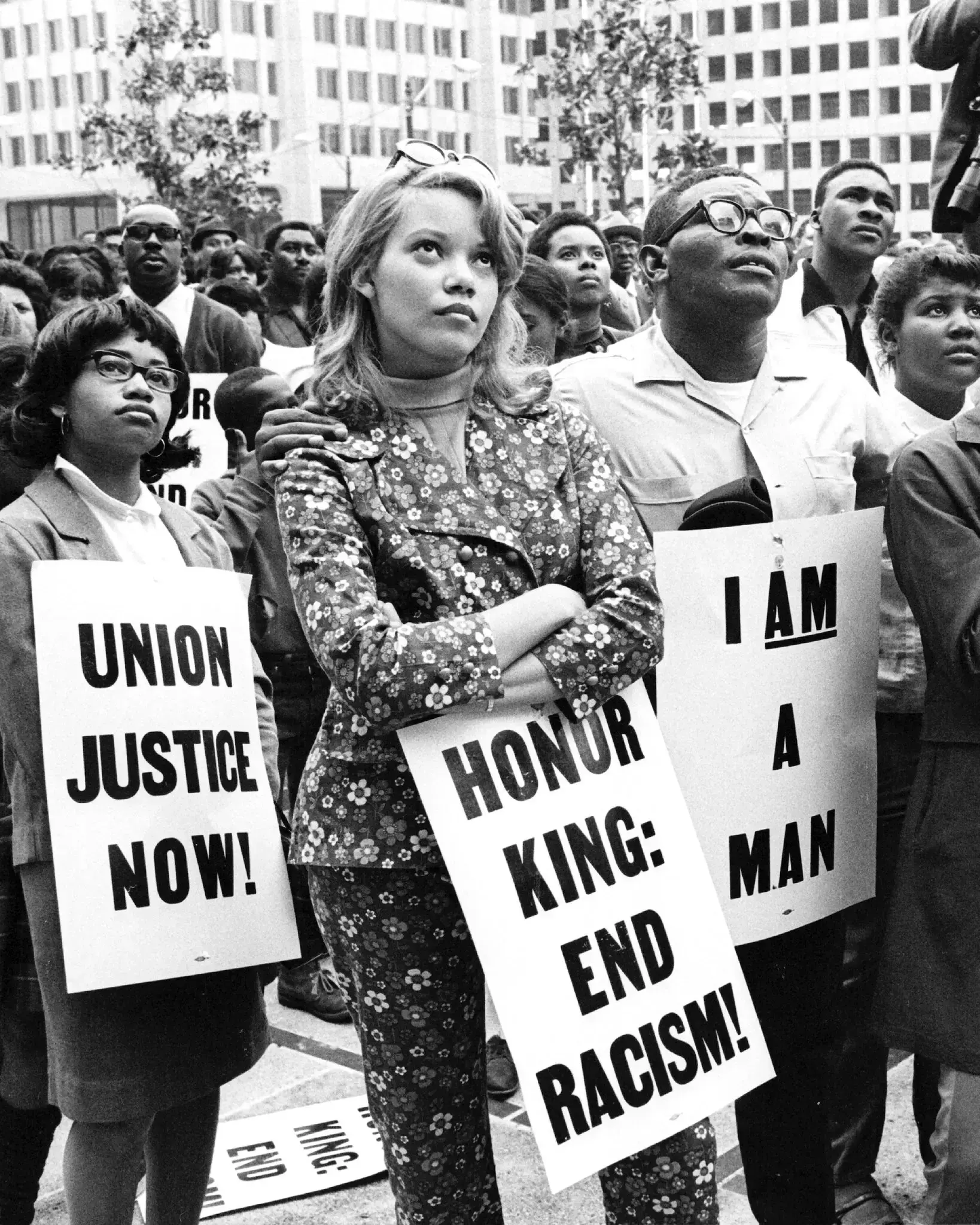They did it! Get ready to watch the dominoes fall.
Such a great development. We can talk all we want, but votes like this one are where the rubber actually hits the road in terms of shifting power from capital to labor.
Kinda ironic, isn’t it? The whole union push started because VW’s joint works council said “We get that it’s impossible to have worker’s representation in China, but the US? Why don’t our US plants have shop floor councils?”. VW then first moved towards simply instituting worker’s representation: Have them elect people, give them board seats, but US law apparently outlaws that as it considers it a yellow union. So VW started to reach out to unions, “don’t you want to organise?”, unions then did and… besides general anti-union sentiment, workers said “what’s there to complain about VW bosses are fair, sensible, and listen to us”. That’s because elsewhere in the world there’s workers sitting on boards firing bad bosses you numpty.
The propaganda in Southern exploitative shithole states runs deep. Exploitative labor relationships with a touch of Stockholm syndrome are truly “Southern heritage.”

Yes, and those exploitative labor relationships so popular in the South serve to reproduce an embedded social structure that favors the usual suspects. Pic stolen from an excellent piece in the NYT yesterday from Jamelle Bouie.
🤖 I’m a bot that provides automatic summaries for articles:
Click here to see the summary
But the union had failed in previous attempts to organize any of the two dozen automobile factories owned by other companies across an area stretching from South Carolina to Texas and as far north as Ohio and Indiana.
Nonunion auto workers typically earn significantly lower wages than those in U.A.W.-represented plants, and collective bargaining could bring them substantial increases in pay, benefits and job security.
contracts have left G.M., Ford and Stellantis with higher labor costs than nonunion rivals like Toyota, Honda, Nissan, Tesla and Hyundai.
The U.A.W.’s success in the negotiations with the Big Three in the fall set off a surge in interest among Southern autoworkers in organizing their own plants, the union said, and prompted the U.A.W.
contracts also provide health care coverage that is almost entirely paid by the companies, substantial profit-sharing bonuses, cost-of-living adjustments to insulate workers from inflation and generous retirement programs.
As the voting was about to start, the governors of Alabama, Georgia, Tennessee, Mississippi, South Carolina, and Texas — all Republicans — issued a statement on Tuesday saying unionizing would jeopardize auto jobs in their states.
Saved 85% of original text.




